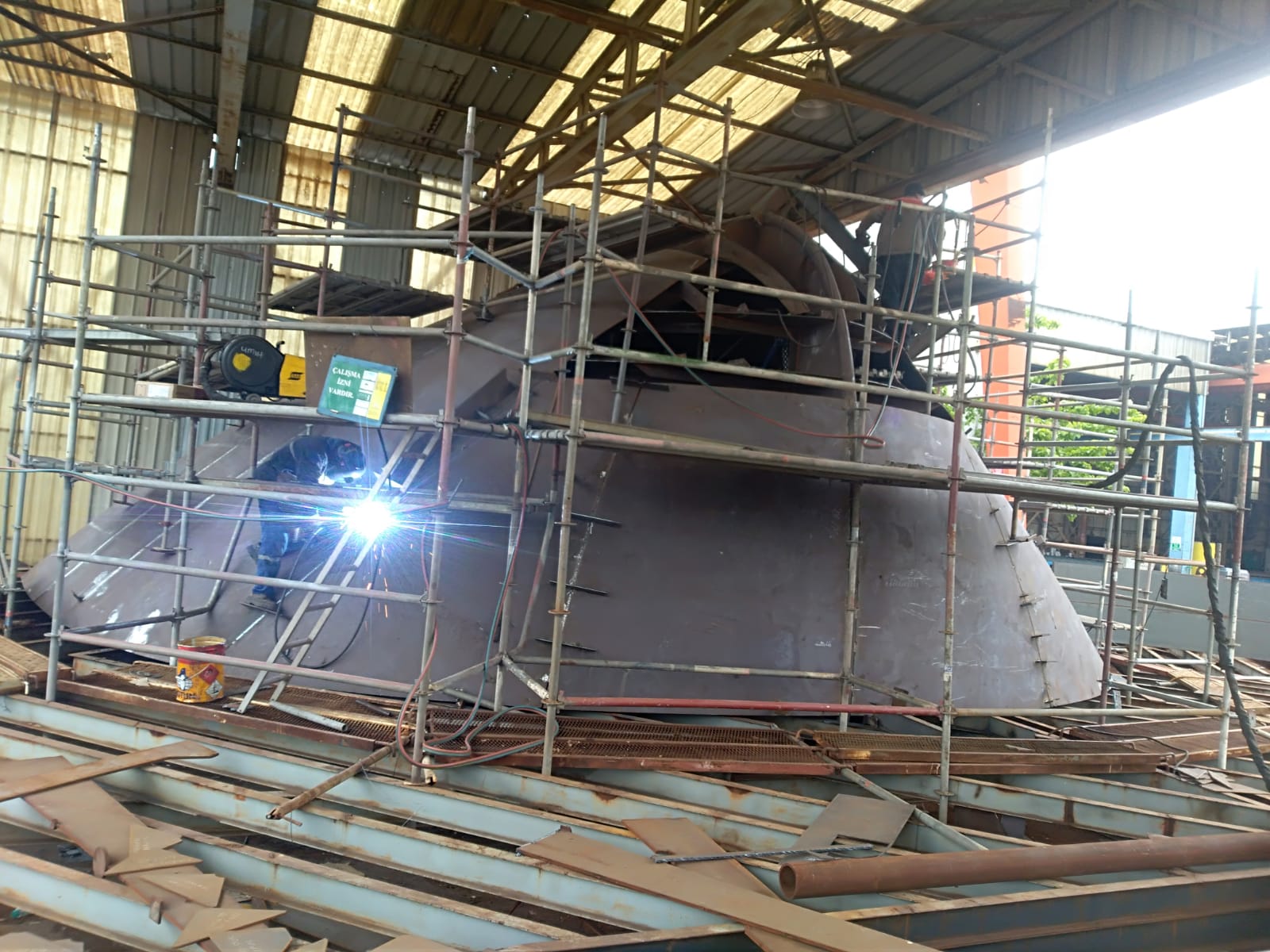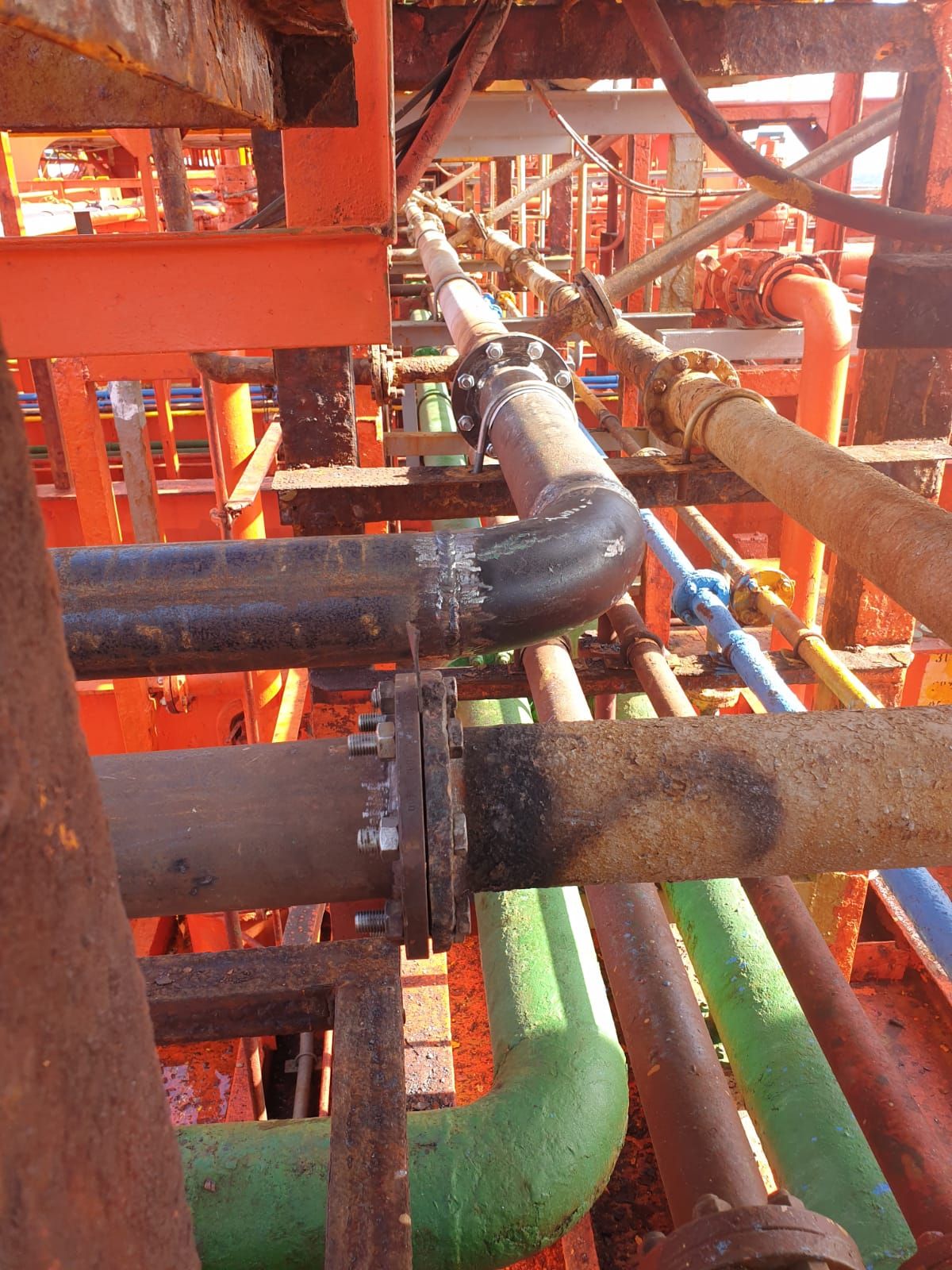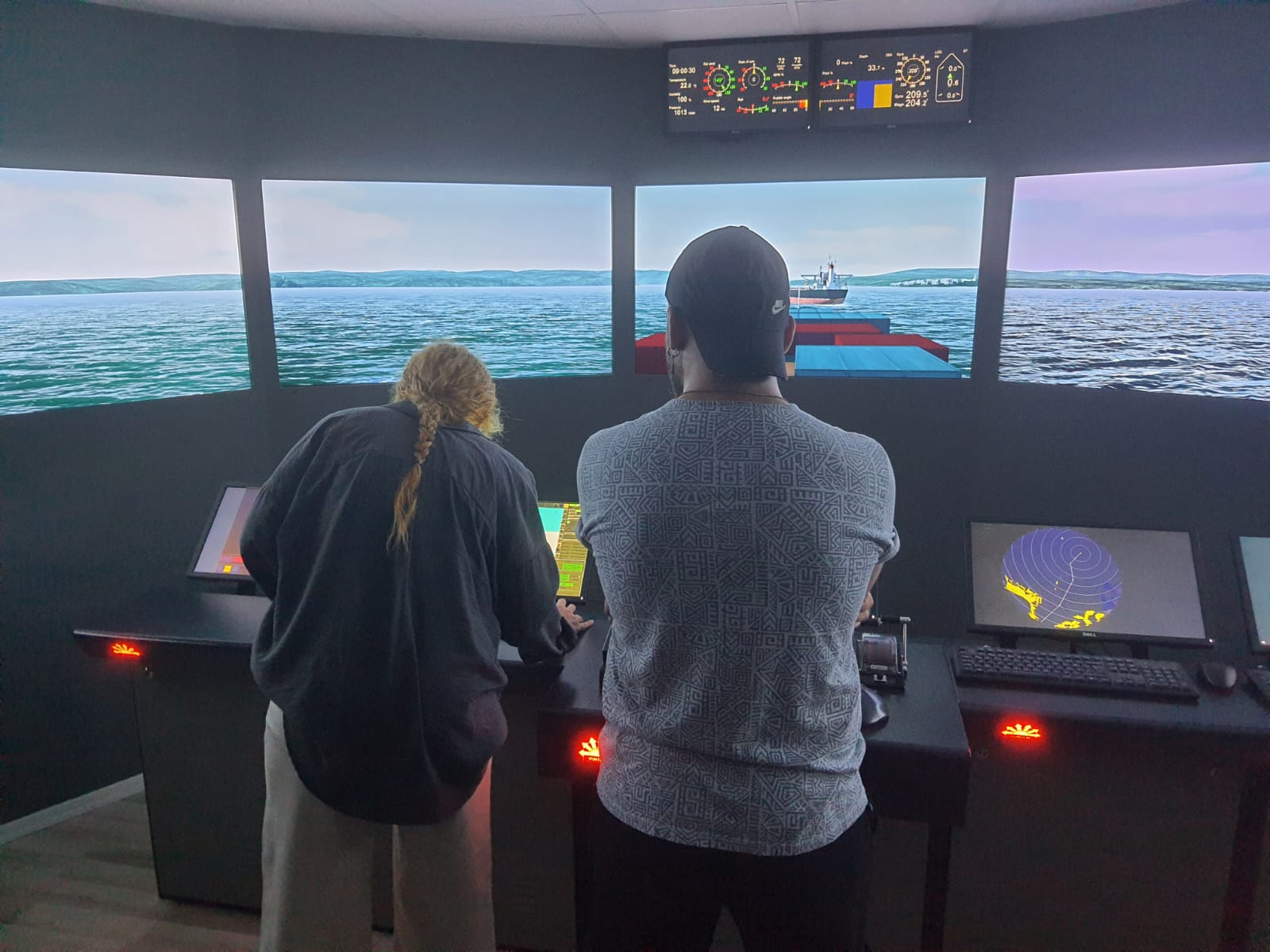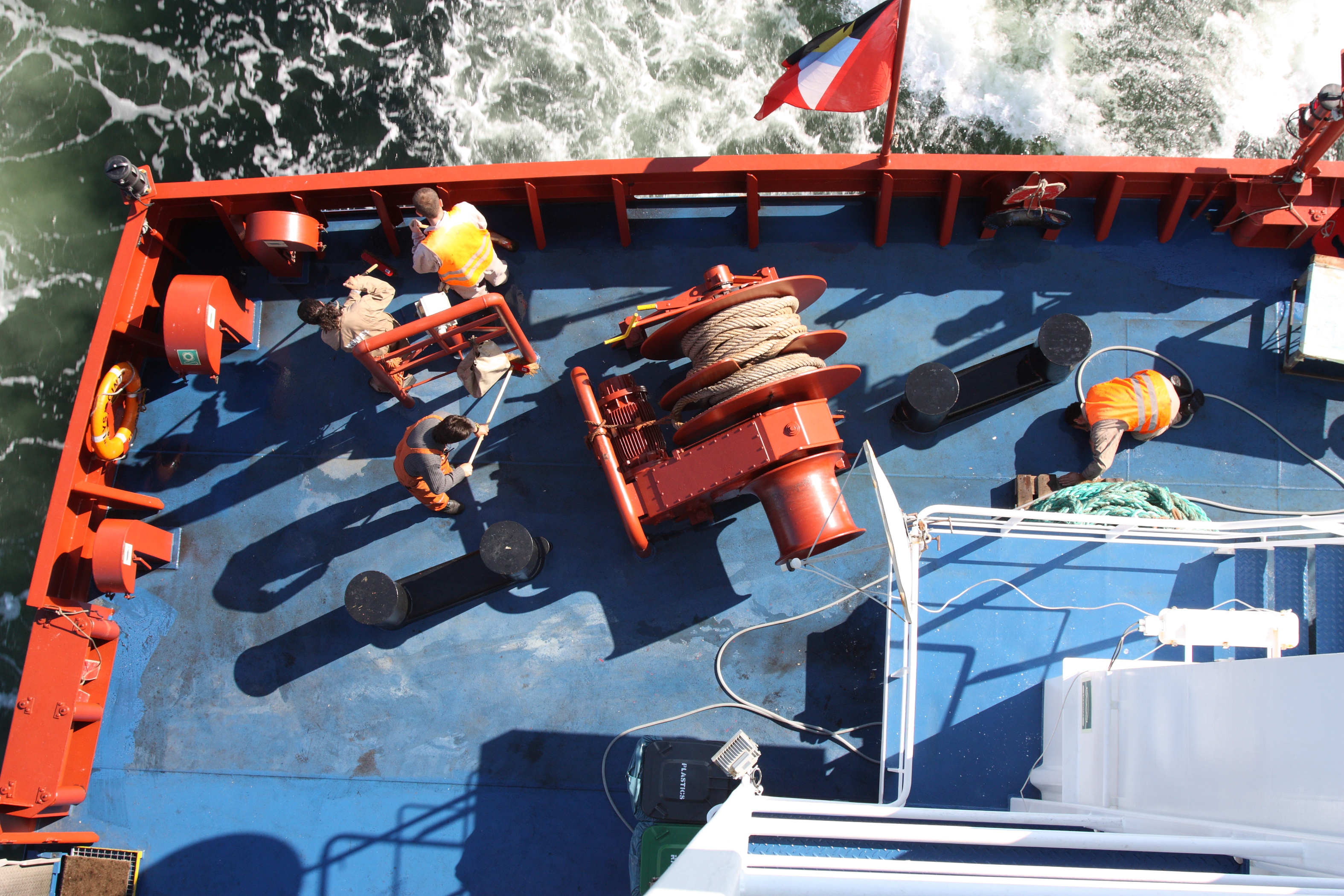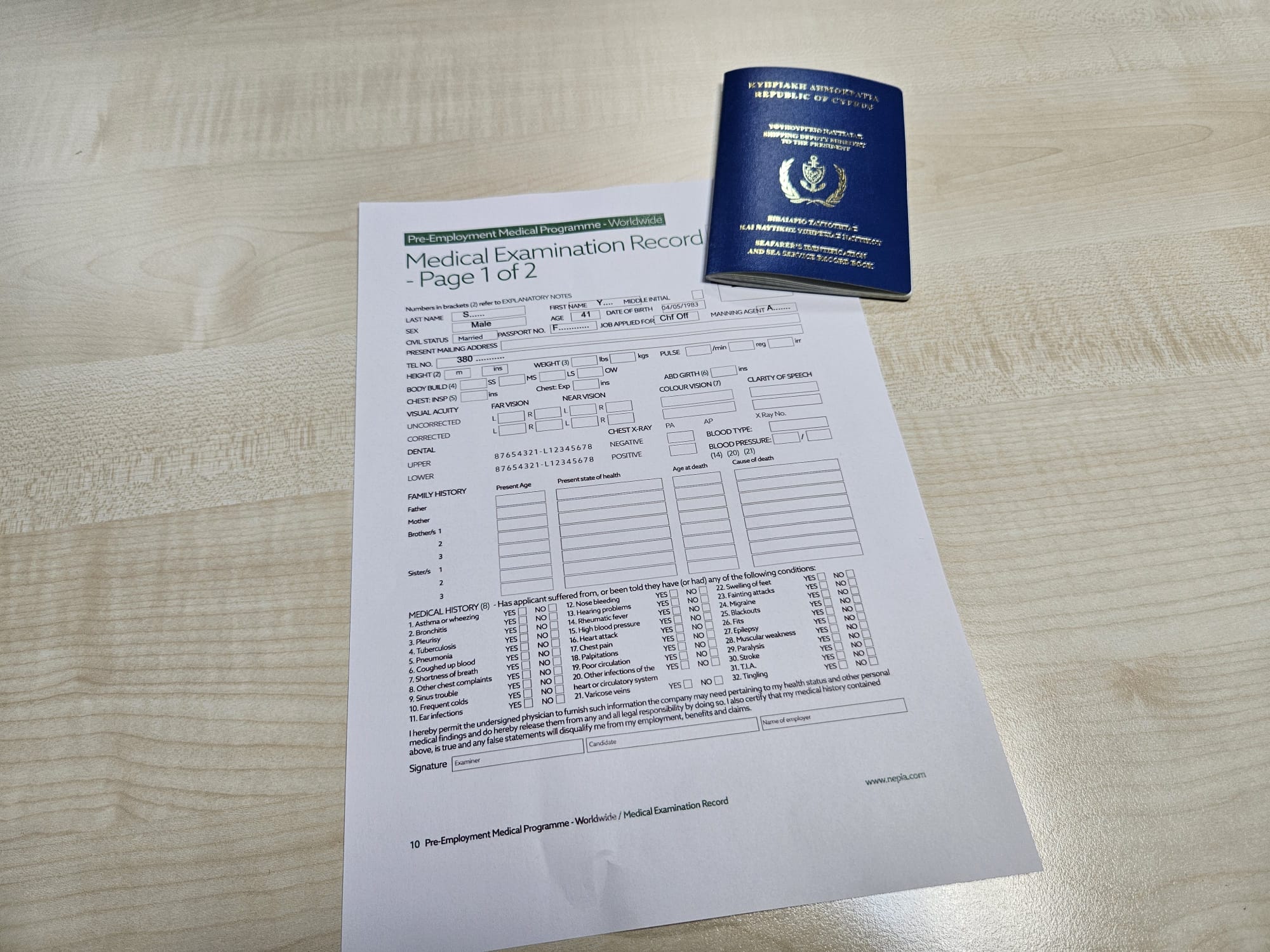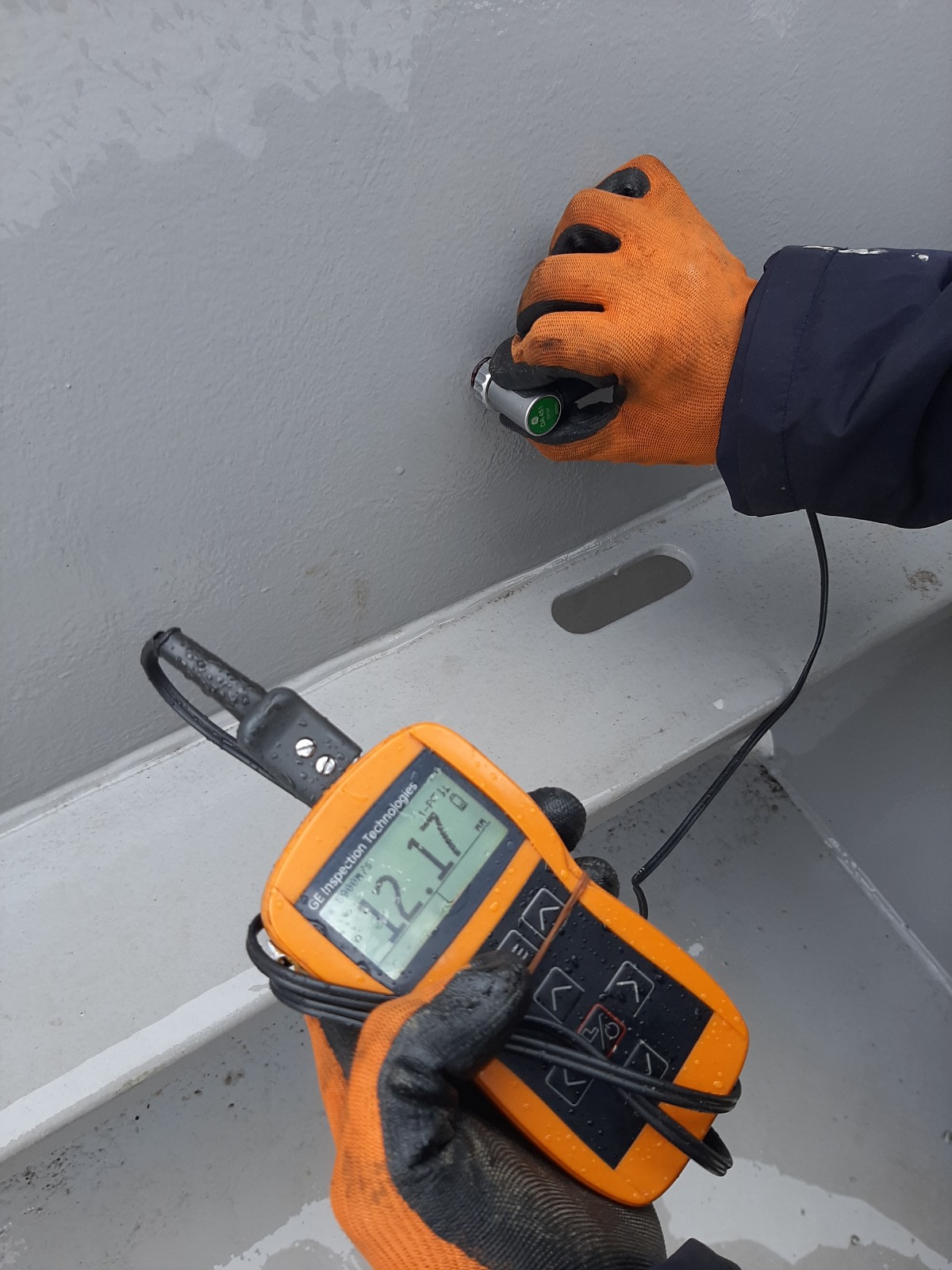ELECTRICAL AND ELECTRONICS WORKS
Carrying out electrical and electronics works on ships underway requires skilled electrical officers. Electrical and electronic systems are crucial for the safety, operational efficiency, and uninterrupted functioning of the vessel throughout its voyage. Here's an explanation of the importance of these operations and how they are carried out:
Importance of Electrical and Electronics Works
Safety: Electrical and electronic systems are vital for the safety of the vessel. These systems include functions such as fire prevention, emergency lights, alarm systems, and security cameras. Skilled electrical officers ensure that these systems operate correctly, preventing potential safety risks.
Operational Efficiency: The electrical and electronic systems on ships support all operations. These systems include navigation, communication, engine control, deck equipment, and electrical appliances in cabins. Proper maintenance and operation of these systems by skilled personnel ensure smooth operations and efficiency.
Navigation and Communication: Electrical officers play a key role in maintaining and troubleshooting navigation and communication equipment. This includes radar systems, GPS, AIS (Automatic Identification System), and radio communication devices. Ensuring the proper functioning of these systems is essential for safe navigation and communication with shore and other vessels.
Engine Control and Monitoring: Electrical officers oversee the electrical systems associated with engine control and monitoring. This includes monitoring engine parameters, controlling propulsion systems, and ensuring the proper functioning of auxiliary systems. Proper maintenance and troubleshooting of these systems are critical for the propulsion and maneuverability of the vessel.
Emergency Systems: Electrical officers are responsible for maintaining and testing emergency systems, including emergency lighting, power backup systems, and alarm systems. These systems are crucial in emergency situations and require regular inspection and testing to ensure their reliability.
Execution of Electrical and Electronics Works
Routine Maintenance: Electrical officers perform routine maintenance tasks to ensure the proper functioning of electrical and electronic systems. This includes inspection, cleaning, lubrication, and testing of equipment according to manufacturer's recommendations and regulatory requirements.
Troubleshooting: In the event of equipment malfunction or failure, electrical officers diagnose and troubleshoot the problem to identify the root cause. This may involve testing electrical circuits, measuring voltages and currents, and using diagnostic tools to pinpoint faults.
Repairs and Replacements: Electrical officers conduct repairs or replacements of faulty components or equipment as needed. This may involve repairing wiring, replacing damaged components, or installing new equipment to restore functionality.
Compliance and Documentation: Electrical officers ensure that all electrical and electronic works are performed in compliance with relevant regulations, standards, and company policies. They maintain accurate records of maintenance activities, equipment inspections, and repairs for regulatory compliance and future reference.
By carrying out electrical and electronics works efficiently and effectively, skilled electrical officers contribute to the safety, reliability, and operational efficiency of ships underway. Their expertise ensures that electrical and electronic systems function optimally, supporting the vessel's navigation, communication, propulsion, and safety systems throughout its voyage.

.jpg)
